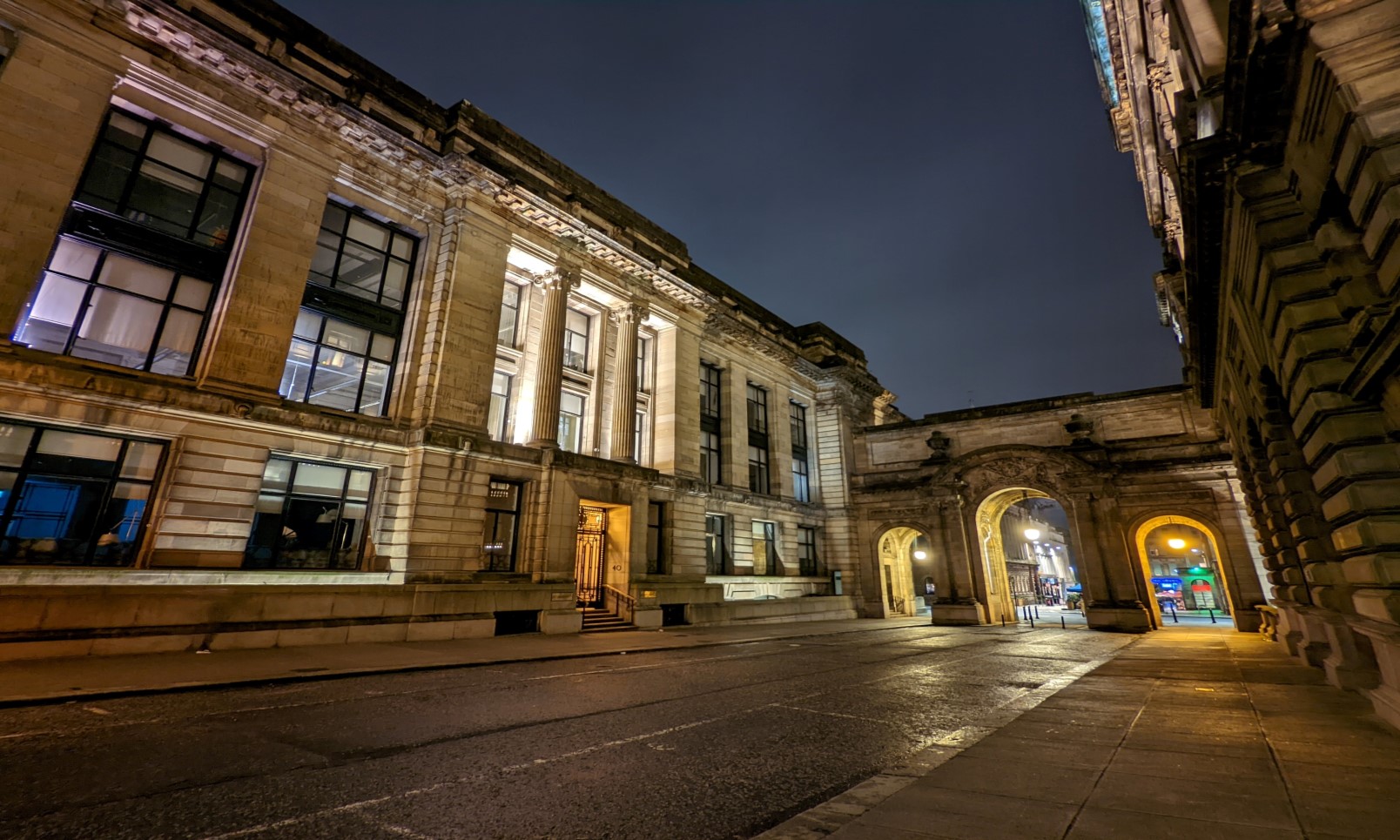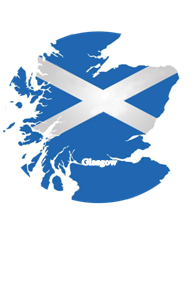The news headlines:
Remote Invigilation helps hundreds
Check RSGB news online
Could you write for children?
GB2RS Script – HERE .
CLUB NEWS
During the COVID crisis a list of known club nets, and activities, is now being published on the West of Scotland Amateur Radio Society (WoSARS) web site. They have a table listing times and frequencies and this can be found at
https://wosars.club/radio-nets/
With the gradual easing of lockdown restrictions, we are now including meeting details where advised. However, this information should be regarded as optimistic, it is strongly advised that you to check with organisers well before travelling. Above all, please observe any national or local restrictions, including social distancing.
Stirling Club has resumed normal Club meetings on Thursdays and Sundays, and is running an ARDF day on 16th August. (On WoSARS Calendar)
Also a new AR Net from Shetland & South Uist
“We are delighted to announce the Viking Amateur Radio Net started last Saturday, 25th July. The Net is based in Scotland and is dedicated to promoting friendly Amateur Radio chat on the Amateur Radio Bands of 80m & 40m. Our Facebook & Net is open to all licenced amateur operators & SWL’s from any country. The current MORNING band is on 80-metre from 05:00 to 06:00 UTC (06:00 to 07:00 local UK time) seven days a week. The base frequency is 3.770MHz. The 40-metre band Net time/frequency is yet to be announced.
https://www.facebook.com/groups/VikingAmateurRadioNet/ “
And, as noted in last Sunday’s GB2RS the following:
CANCELLATION – the Cockenzie and Port Seaton Mini Rally/Junk Night on Friday 14th August has been cancelled.
CANCELLATION – GMDX Conventition – Bannockburn – 17th October.
CANCELLATION – Galashiels Rally – 25th October.
And New This Sunday:
CANCELLATION – GMRT – Scotland’s Microwave Round Table & Dinner – 7th November. (On CALENDAR )
From 7th to 9th of August YOTA from IARU R1 and R2 will be taking part in the first virtual ham expo ever: “QSO Today Ham Expo”!
The event will include a whole new virtual platform with #virtual booths from …
The RSGB remote invigilation exams continue to help hundreds of people join the world of amateur radio and progress to the Intermediate licence level. From youngsters who have decided to learn a new skill while being off school during lockdown, to older people who have overcome their fear of exams, they have wanted to share […]
This is a really busy time for amateur radio and the Radio Society of Great Britain is supporting members and non-members alike during these changing times. Remember that you can see the RSGB’s main news on its website, and its RSGB notices page in particular. Check there for updates to the Board, Volunteer Leadership Team […]
Have you ever written a book for children in the 11 to 13 age range? The RSGB is looking for an author of a book aimed at Key Stage 3 school children. This is intended to be an appropriately illustrated technical book, so experience of working with an illustrator will be very useful. We already […]
Daniel says: “I often used to watch my Dad mess around with radios. When lockdown began he suggested it might be worth me getting my own amateur radio licence. I signed up for the Essex Ham online Foundation course and my Dad taught me quite a bit, too. I found memorising the different frequencies and […]
David took the Foundation exam via remote invigilation in June 2020. He said: “I found the whole process very easy to handle. My invigilator, Lawrence, explained everything to me in simple language and made things easy to follow. It was nice to be able to have a chat with him before the exam started as […]
Tap or click the link below to download this week’s GB2RS news script GB2RS News Script for 9 August 2020 (11-page/197KB Microsoft Word document) Problems downloading the GB2RS news script? Try this alternative link.
The RSGB has released two more 2019 Convention presentations on its YouTube channel. In I Can Hear It, Why Won’t It Decode? Neil Smith, G4DBN explains choosing the best digital mode for tropo DX at VHF and above. He also investigates multipath, scintillation, scatter modes and radio characteristics on signal coherence and decodability. In the […]
The RSGB has released two more 2019 Convention presentations on its YouTube channel. In I Can Hear It, Why Won’t It Decode? Neil Smith, G4DBN explains choosing the best digital mode for tropo DX at VHF and above—he also investigates multipath, scintillation, scatter modes and radio characteristics on signal coherence and decodability. In the second […]

